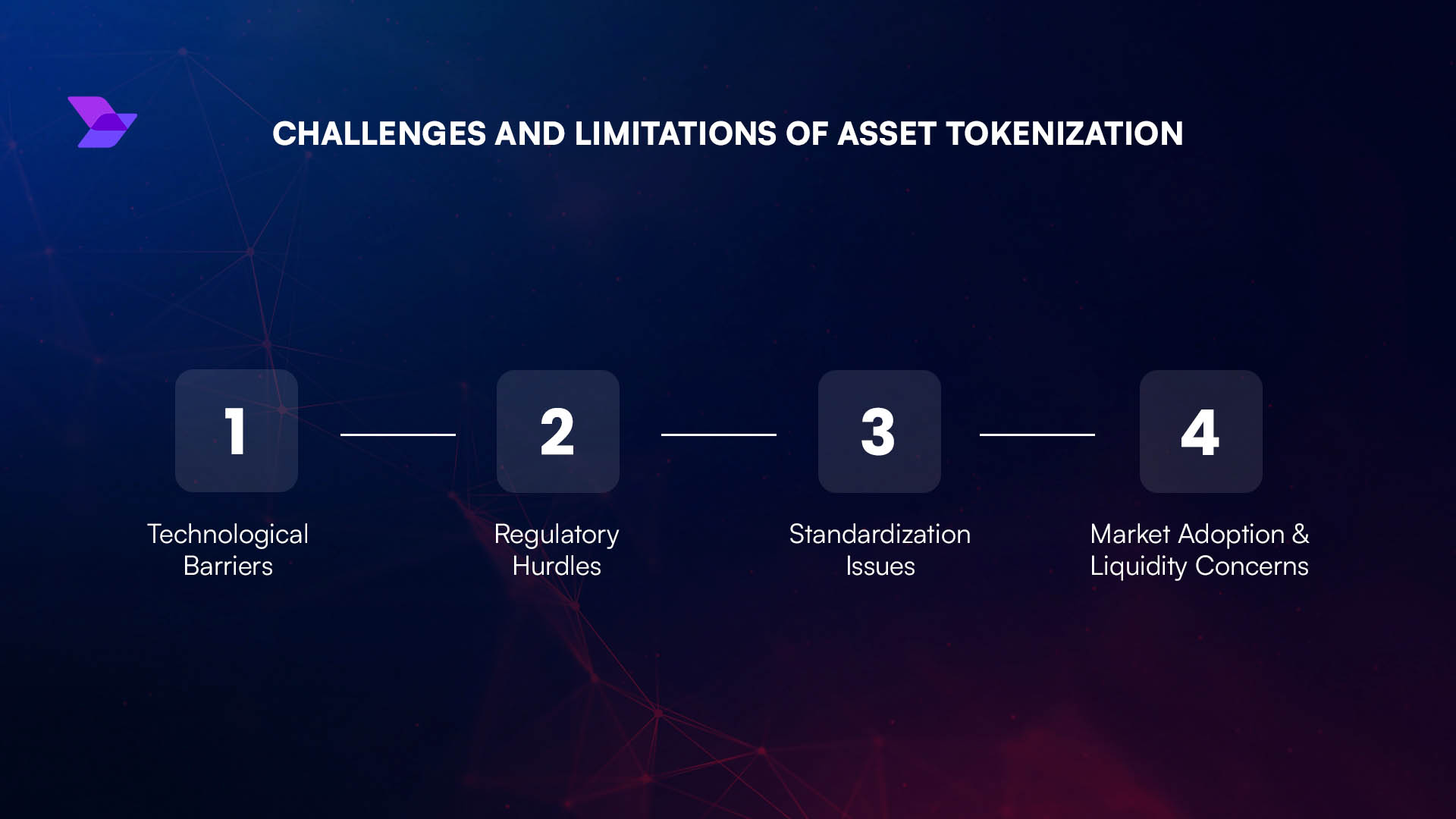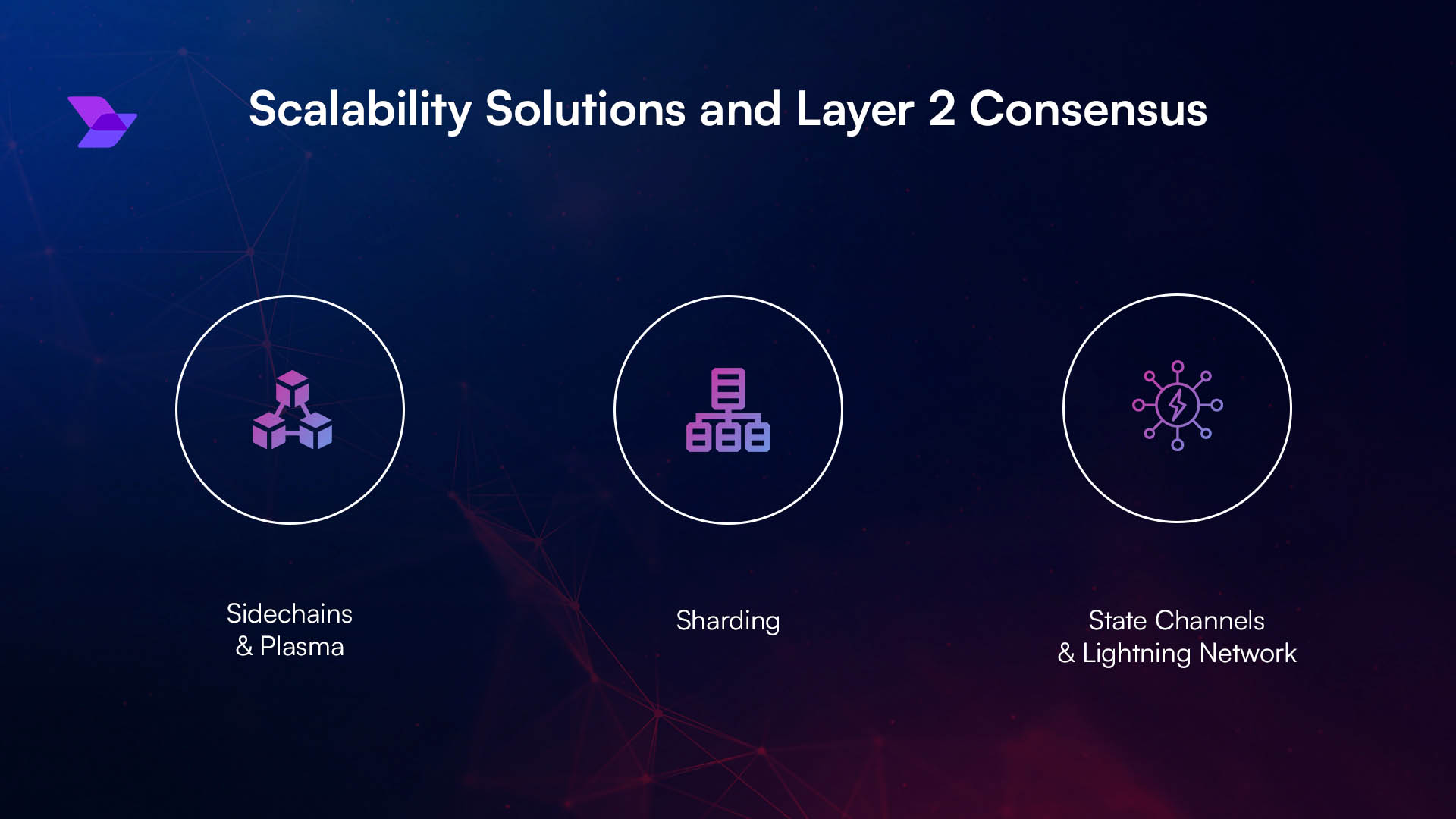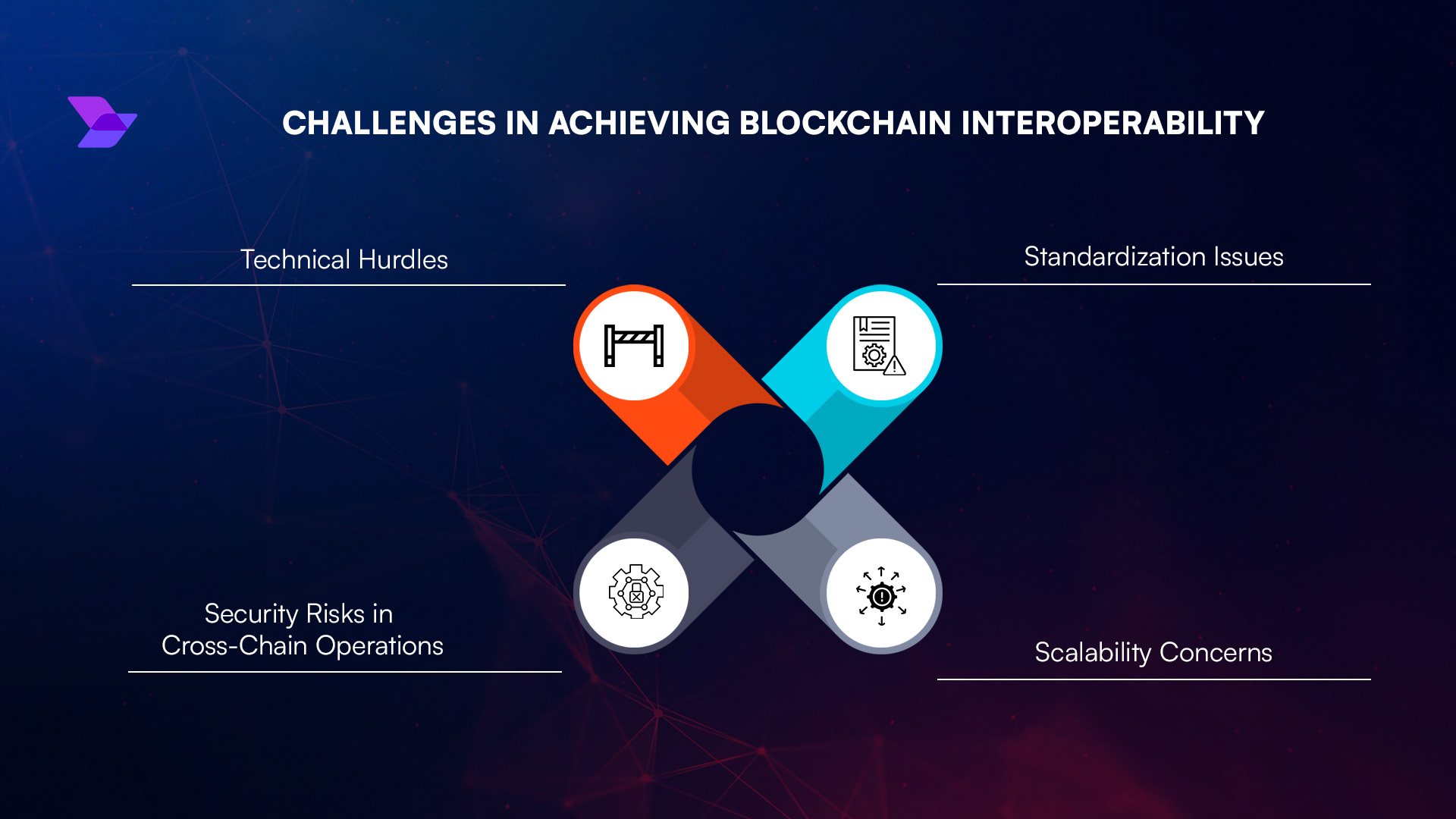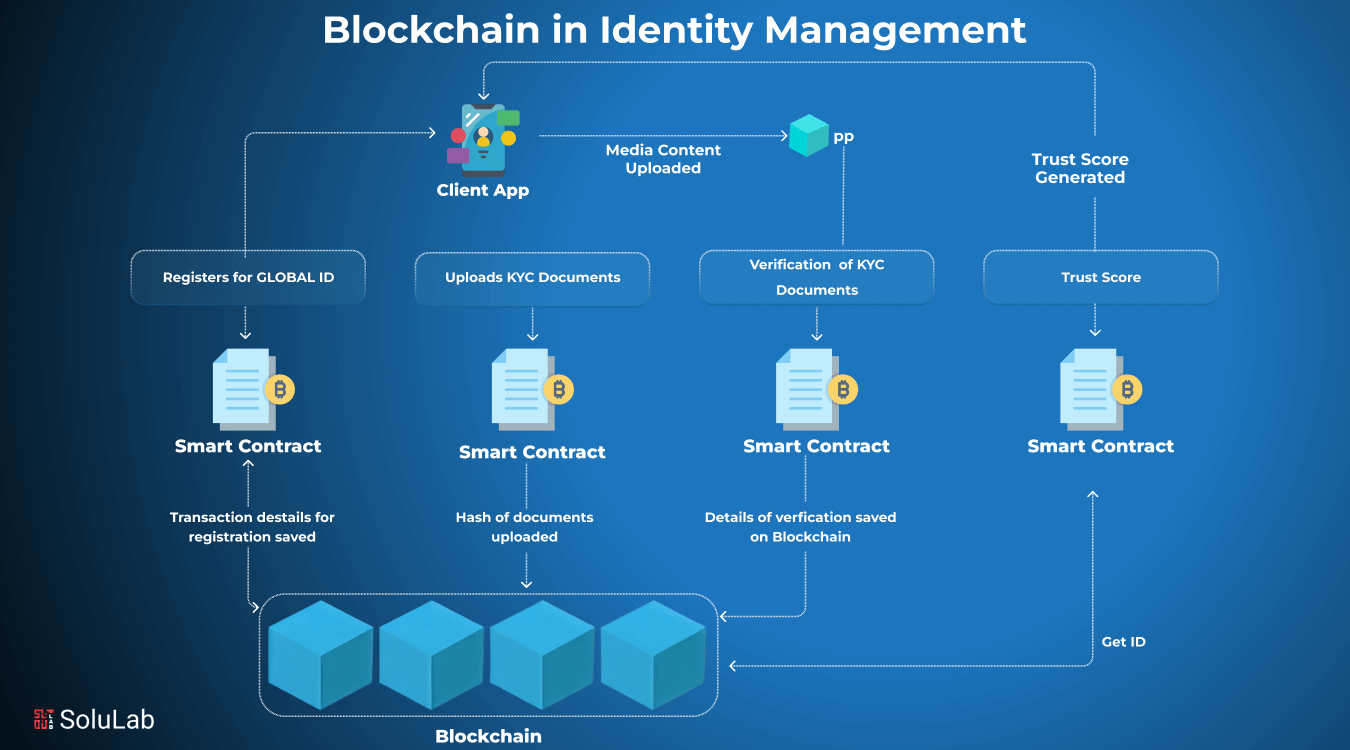
As token sales and Web3 allowlists become increasingly central to the decentralized economy, the challenge of efficiently verifying user identities without compromising privacy or scalability is front and center. Traditionally, Know Your Customer (KYC) procedures have been a pain point for both users and projects: slow, manual reviews, repeated identity checks across platforms, and exposure of sensitive personal data. Onchain attestations are rapidly transforming this paradigm by offering a secure, verifiable, and privacy-preserving approach to KYC that aligns with the ethos of blockchain.

What Are Onchain Attestations?
At their core, onchain attestations are cryptographically signed claims recorded directly on a blockchain. These digital certificates confirm specific attributes about an entity, such as successful KYC completion, without revealing the underlying personal information. Instead of repeatedly submitting documents to each new project or token sale, users can present a single verifiable attestation issued by a trusted provider.
This approach is gaining traction across major networks. For example, solutions like Blockpass’s On-Chain KYC® 2.0 empower platforms to issue reusable digital identity credentials that can be verified instantly onchain. The result? A streamlined onboarding process that drastically reduces friction while maintaining regulatory compliance.
KYC Compliance Meets Web3 Efficiency
The intersection of KYC compliance and Web3 innovation is where onchain attestations shine brightest. By embedding proof of eligibility directly into blockchain transactions, projects can automate allowlist management for token sales or gated communities. This not only accelerates user onboarding but also minimizes human error and reduces operational overhead.
Consider the current Ethereum market price: $3,403.71. As projects raise funds or launch tokens at these valuation levels, regulatory scrutiny intensifies. Ensuring that only verified participants access token sales isn’t just good practice, it’s essential for long-term viability in an evolving legal landscape. Onchain attestations enable automatic enforcement of compliance requirements without manual intervention or repeated document reviews.
Enhancing Allowlists with Decentralized Identity Credentials
An allowlist (previously known as a whitelist) is simply a curated list of addresses granted special access, whether to participate in a token sale or join an exclusive community. By integrating decentralized identity credentials via onchain attestations, these allowlists become dynamic and self-enforcing: smart contracts can instantly check whether an address has passed KYC requirements before granting access.
This model offers several key advantages:
- Privacy Preservation: Only proof-of-verification is shared; no sensitive data is exposed onchain.
- Operational Efficiency: Automated checks replace tedious manual reviews.
- Interoperability: Credentials are reusable across multiple projects, one verification unlocks many opportunities.
- Tamper-Proof Security: Blockchain immutability ensures attestations cannot be altered or forged.
The result is a more robust ecosystem where users maintain control over their identity while projects meet compliance obligations with minimal friction, a win-win scenario for all involved in the next generation of digital finance.
Beyond efficiency, onchain KYC attestations also help projects navigate the increasingly complex regulatory environment. As jurisdictions worldwide tighten requirements for token sales and decentralized finance (DeFi), the ability to prove compliance onchain becomes a strategic advantage. Attestations provide an immutable audit trail, enabling projects to demonstrate that only verified participants engaged in their sale or community, all without storing or transmitting sensitive documents.
For users, this means a single identity verification can unlock access across multiple platforms. Instead of repeating KYC checks for every new token launch or allowlist, users simply present their blockchain-based credential. This not only saves time but also reduces the risk of data breaches, since personal information never leaves the attestation provider’s secure environment.
Projects implementing onchain KYC attestations report significant reductions in onboarding times and operational costs. Smart contracts can instantly verify eligibility, reducing manual review workloads and minimizing human error. This automation is particularly valuable during high-demand events like token launches, where speed and compliance are equally critical.
The Future: Cross-Chain Compliance and Interoperability
The next frontier for Web3 KYC solutions is cross-chain interoperability. As users interact with applications across Ethereum, Layer 2s, and emerging blockchains, a universal attestation standard will be essential. Leading providers are already working toward credentials that function seamlessly across diverse ecosystems, enabling composable compliance without vendor lock-in.
Platforms like OnchainKYCe. me are at the forefront of this evolution, offering reusable digital identity credentials that can be verified by any smart contract supporting standard attestation protocols. This paves the way for frictionless user experiences and scalable compliance infrastructure as Web3 matures.
Top Benefits of Onchain KYC Attestations
-

Privacy Preservation: Onchain KYC attestations, as offered by Blockpass On-Chain KYC®, allow users to prove their verified status without exposing sensitive personal data, reducing the risk of data leaks and identity theft.
-

Automated Compliance: Platforms like Arcana Network use onchain attestations to automate allowlist and token sale compliance, minimizing manual review and human error.
-

Interoperable Verification: Onchain attestations can be reused across multiple Web3 platforms, enabling seamless onboarding and eligibility checks for users participating in various token sales and allowlists.
-

Enhanced Security: By leveraging blockchain’s immutability, onchain attestations ensure that KYC verifications are tamper-proof and verifiable by any party, as demonstrated by solutions like Coinbase Onchain Verification.
-

Faster User Onboarding: Onchain attestations enable instant identity status checks, drastically reducing onboarding times for token sales and allowlists compared to traditional KYC processes.
Key Considerations for Implementation
While the advantages are clear, successful adoption requires careful planning:
- Select trusted attestation providers: Choose issuers with robust security practices and strong reputations in digital identity.
- Integrate smart contract checks: Ensure your application can read and validate attestations before granting access or processing transactions.
- Stay updated on regulations: Laws governing digital identity evolve rapidly; maintain compliance by partnering with providers who monitor legal developments globally.
For an in-depth guide to integrating these solutions into your project’s workflow, see our resource on streamlining KYC with onchain attestations.
Driving Adoption in a $3,403.71 Ethereum Market
The current Ethereum price of $3,403.71 underscores the scale at which modern Web3 projects operate, and the stakes involved in getting compliance right. As capital flows into token sales at these levels, both regulators and investors expect robust safeguards against fraud and unauthorized access. Onchain attestations deliver this assurance while preserving user privacy and project agility.
The shift toward decentralized identity credentials is already underway. By embracing verifiable onchain KYC solutions now, projects position themselves for sustainable growth as regulation evolves, and users gain unprecedented control over their digital identities in an open ecosystem.






